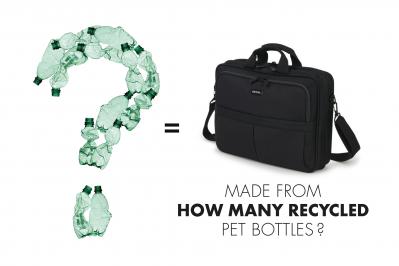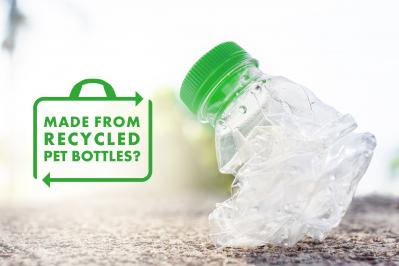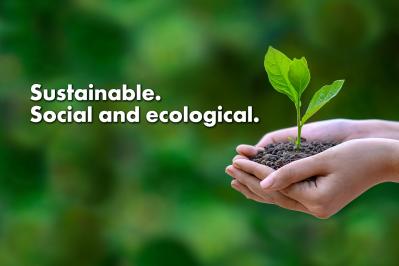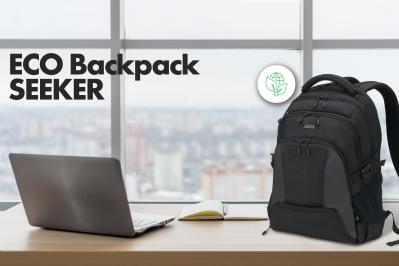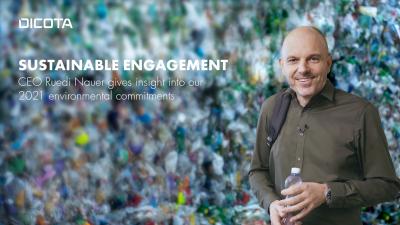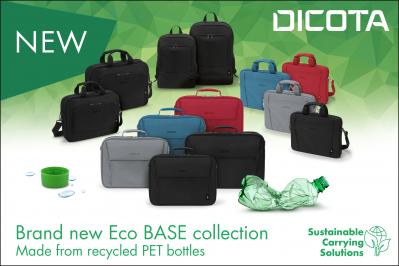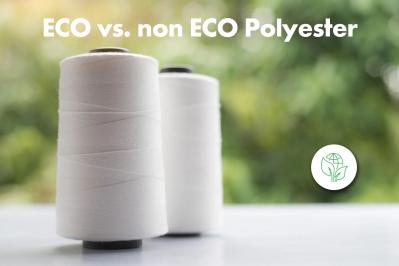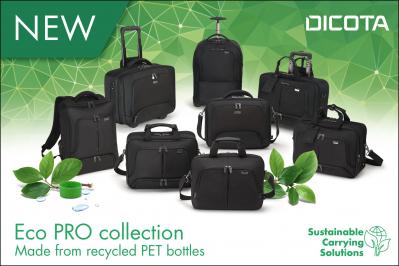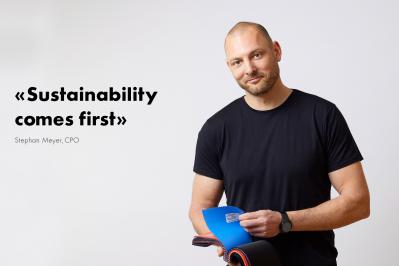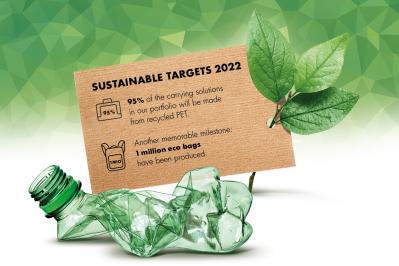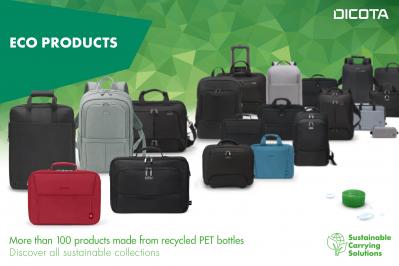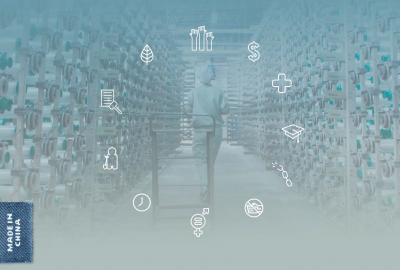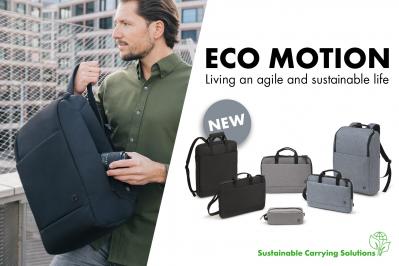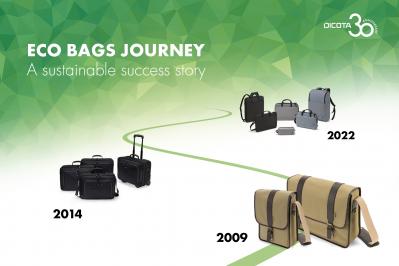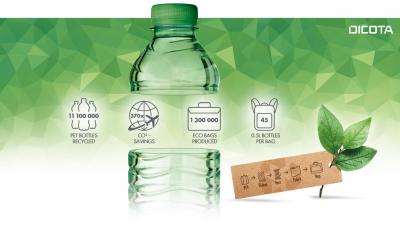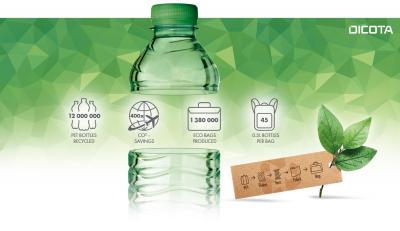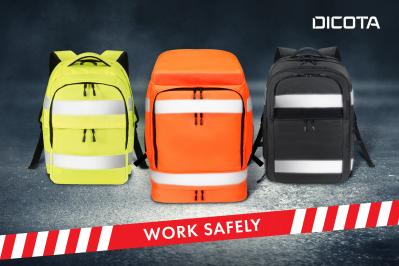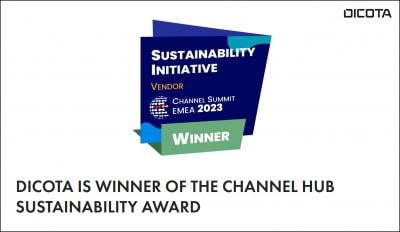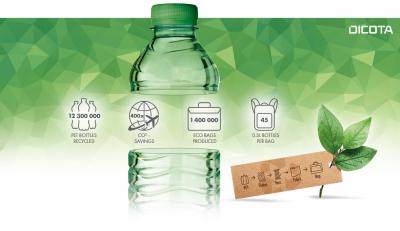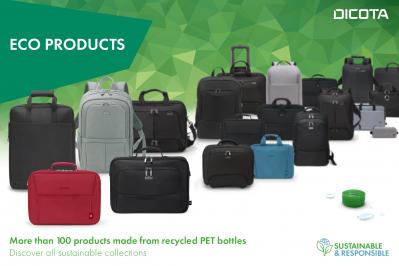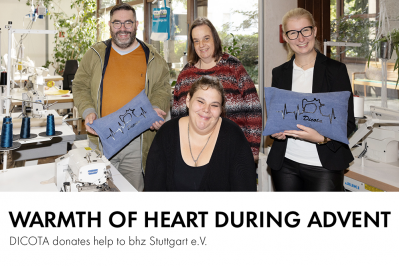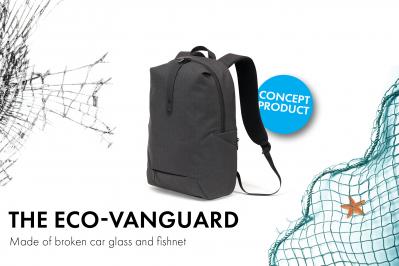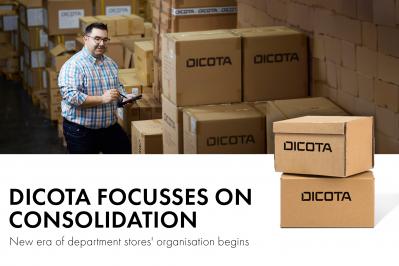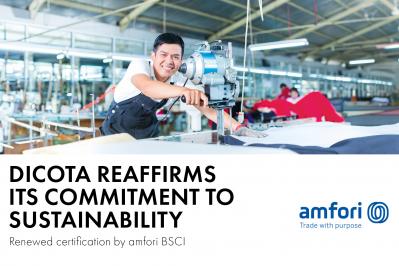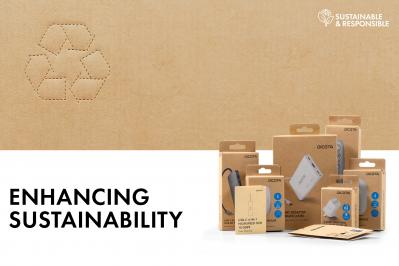We use cookies to make your experience better. To comply with the new e-Privacy directive, we need to ask for your consent to set the cookies. Learn more.
We care for the environment and the people!
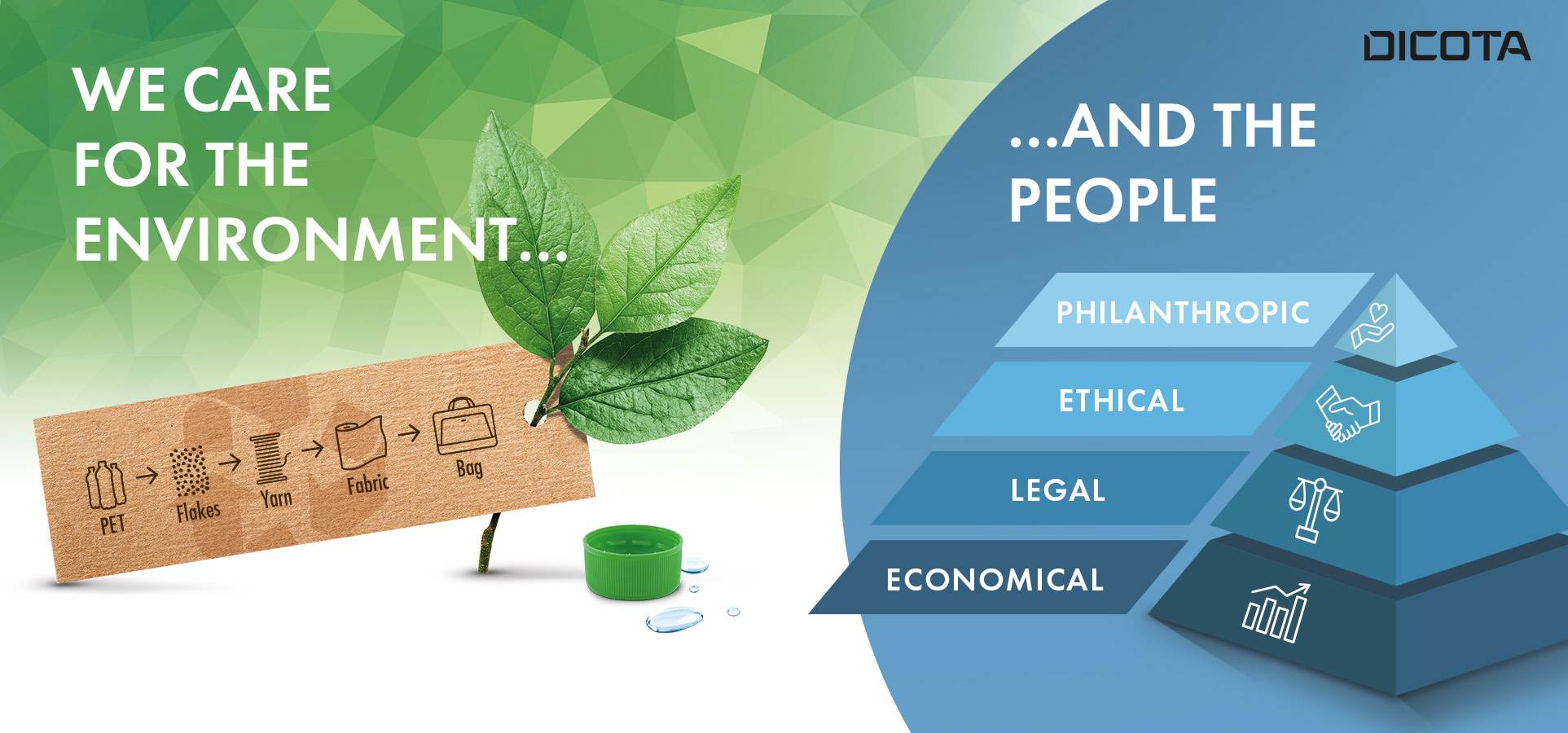
The people...
Corporate Social Responsibility refers to the voluntary actions taken by a company to improve society in addition to fulfilling its business goals. It encompasses a wide range of initiatives and activities and is becoming increasingly important to consumers and stakeholders, as they expect companies to not only make a profit, but also to have a positive impact.
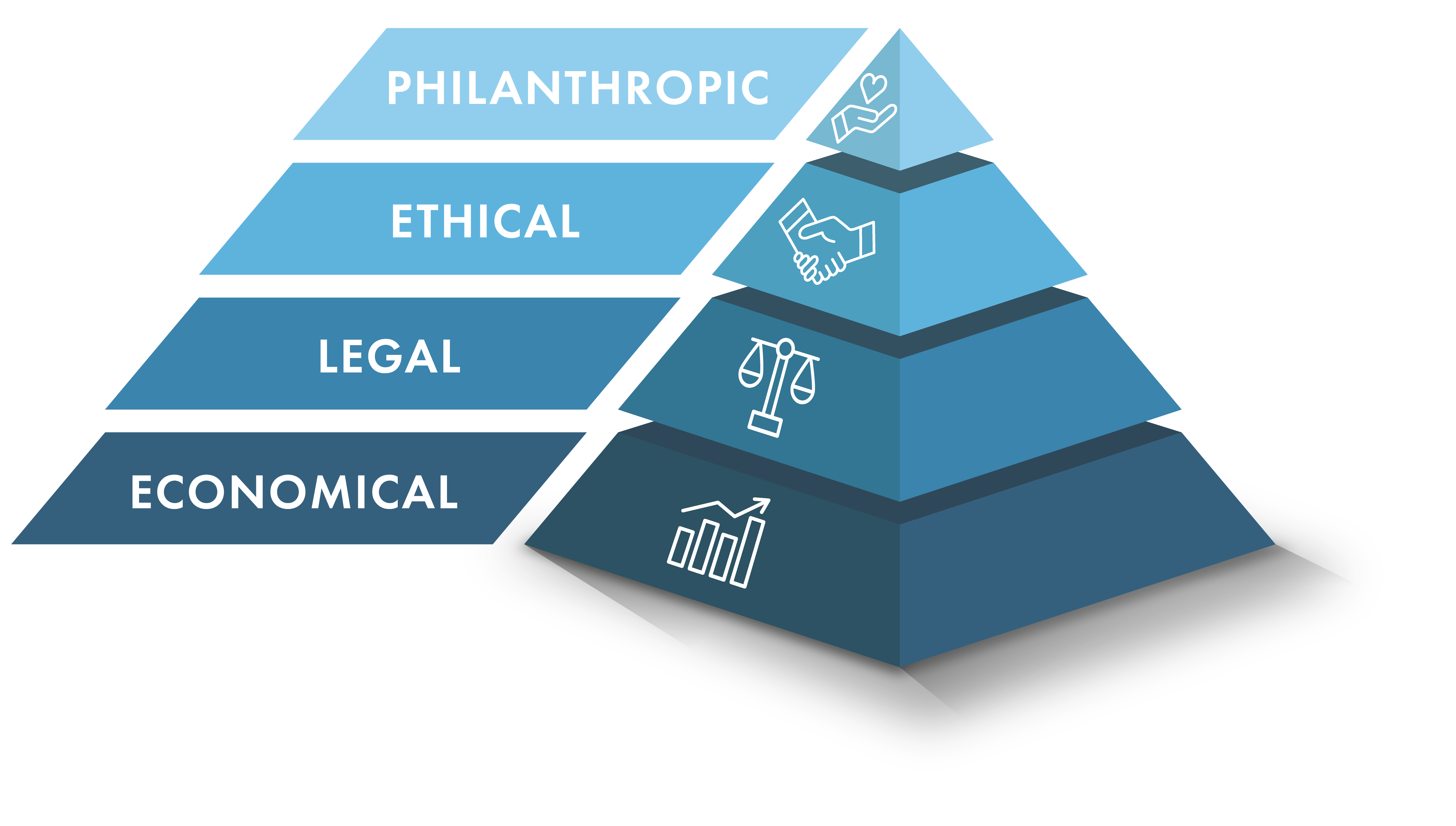
Carroll’s Pyramid of Corporate Social Responsibility is a framework that outlines the four key responsibilities DICOTA has to its stakeholders; economic, legal, ethical and philanthropic responsibility.
 |
Economic responsibility refers to the obligation to be profitable and create economic value for stakeholders. |
 |
Legal responsibility refers to a company’s obligation to follow the law and comply to regulations. |
 |
Ethical responsibility refers to a company’s obligation to act in an honest and moral manner. |
 |
Philanthropic responsibility refers to a company’s obligation to give back to society. |
Today and tomorrow
Corporate social responsibility is a long-term project that requires consistent effort and commitment. It is not something that can be solved within a few weeks or months of effort, but rather a continual process of improvement and refinement. DICOTA will engage in ongoing dialogue with stakeholders to implement appropriate strategies and address concerns. By prioritizing corporate social responsibility, DICOTA will be able to create long-term value for their stakeholders, as well as contribute to a more responsible and equitable future.
The environment...
Plastic pollution is one of the biggest environmental challenges of our time. It takes hundreds of years for plastic to naturally break down, leading to widespread damage to the environment, wildlife, ecosystems and human health. To combat this problem, DICOTA has decided to turn to recycling as a way to reduce waste and conserve natural resources.
From waste to wearable
One of the most common forms of plastic waste is the PET bottle. These can be found in landfills, oceans, and even on the sides of roads all over the world. However, instead of being a burden on the environment, these bottles can be transformed into something useful.
“Transforming used PET bottles into sustainable carrying solutions is not just recycling, it's upcycling – turning waste into something new
and useful.”
The process of recycling PET bottles into polyester fibre is surprisingly simple. The bottles are collected, sorted and cleaned to remove any labels and residue. They are then chopped up into small flakes, which are melted and processed into fibres. These in turn can be spun into yarn and woven into a fabric that can be used for a wide range of products, including laptop bags.
The whole package has to be right
Did you know that the product hangtags of all carrying solutions are made from FSC-certified paper and printed with soya-based inks?
Additionlally, there are alternatives being considered for the packaging of these products. Polybags, which protect the bags from weather, dust or damage during transport, will be replaced with a sustainable alternative that can be composted. The production of silica gel sachets, which help to absorb moisture that could damage the bags, requires a lot of water and chemicals, making it imperative to replace them with a sustainable alternative. Various solutions are also being tested to ensure problem-free delivery in future. Sustainability should be seen as an opportunity to optimise, not to compromise.
Your decision matters
In conclusion, the recycling of PET bottles into polyester and the production of laptop bags from this material is a great example of how waste can be transformed into a valuable resource. By choosing products made from recycled materials, we can all play our part in reducing plastic pollution and creating a more sustainable future.





